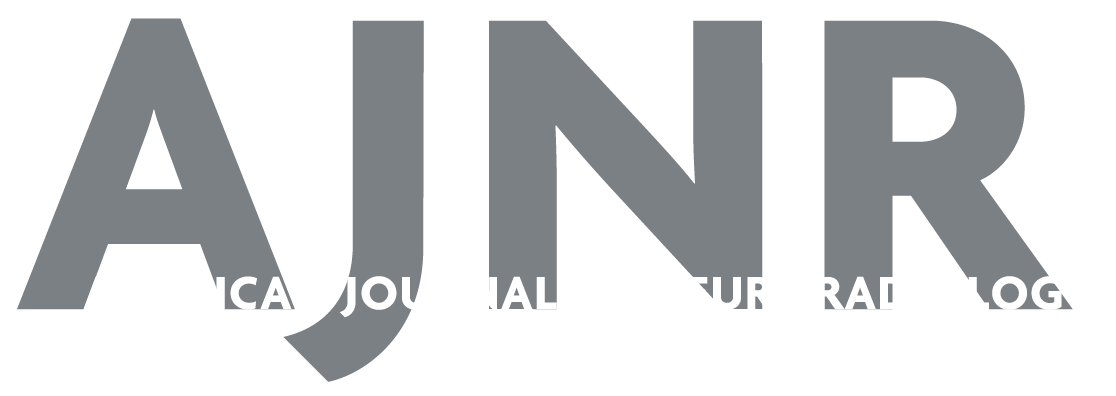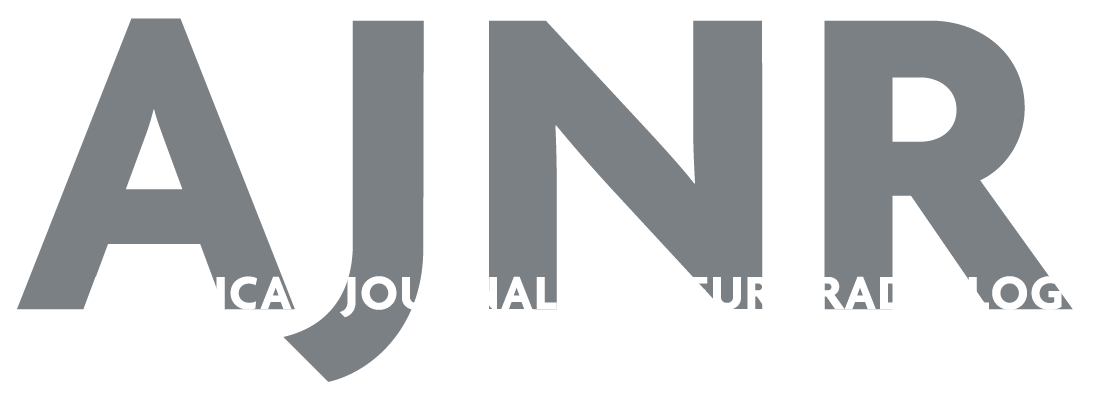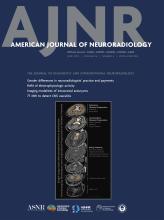Case of the Week
Section Editors: Matylda Machnowska1 and Anvita Pauranik2
1University of Toronto, Toronto, Ontario, Canada
2BC Children's Hospital, University of British Columbia, Vancouver, British Columbia, Canada
Sign up to receive an email alert when a new Case of the Week is posted.
February 7, 2019
Transient Global Amnesia
- Background
- Acute onset of both anterograde and retrograde memory loss that lasts around 24 hours with full recovery.
- Incidence of 1/10,000; most often between the ages of 50-70.
- Underlying pathology unknown.
- Clinical Presentation
- Patients are generally disoriented to time and place but oriented to self and recognize family and friends.
- Generally ask repeated questions.
- May have nausea, dizziness, or headache.
- Key Diagnostic Features
- Classic MR imaging shows a 1-3mm focus of restricted diffusion in the body of the hippocampus.
- This area helps both form and retrieve memories and is vulnerable to hypoxic and ischemic stress.
- Diagnosis requires the following: Exclusion of other causes, anterograde amnesia present, no other cognitive impairment, no loss of self identity, no recent seizures, resolution within 24 hours.
- Differential Diagnosis
- Infarct: Restricted diffusion corresponding to arterial territory.
- Postictal: Cortical gyral swelling and increased signal intensity on T2 MRI, epileptiform activity on EEG.
- Hypoglycemia: Hyperintensity in parietooccipital cortex and basal ganglia on T2 MRI, biochemical correlate.
- Migraine: Clinical differential diagnosis, imaging can be normal.
- Psychiatric disease: Clinical differential diagnosis, imaging can be normal.
- Treatment
- Reassurance; observe until spontaneous recovery.











